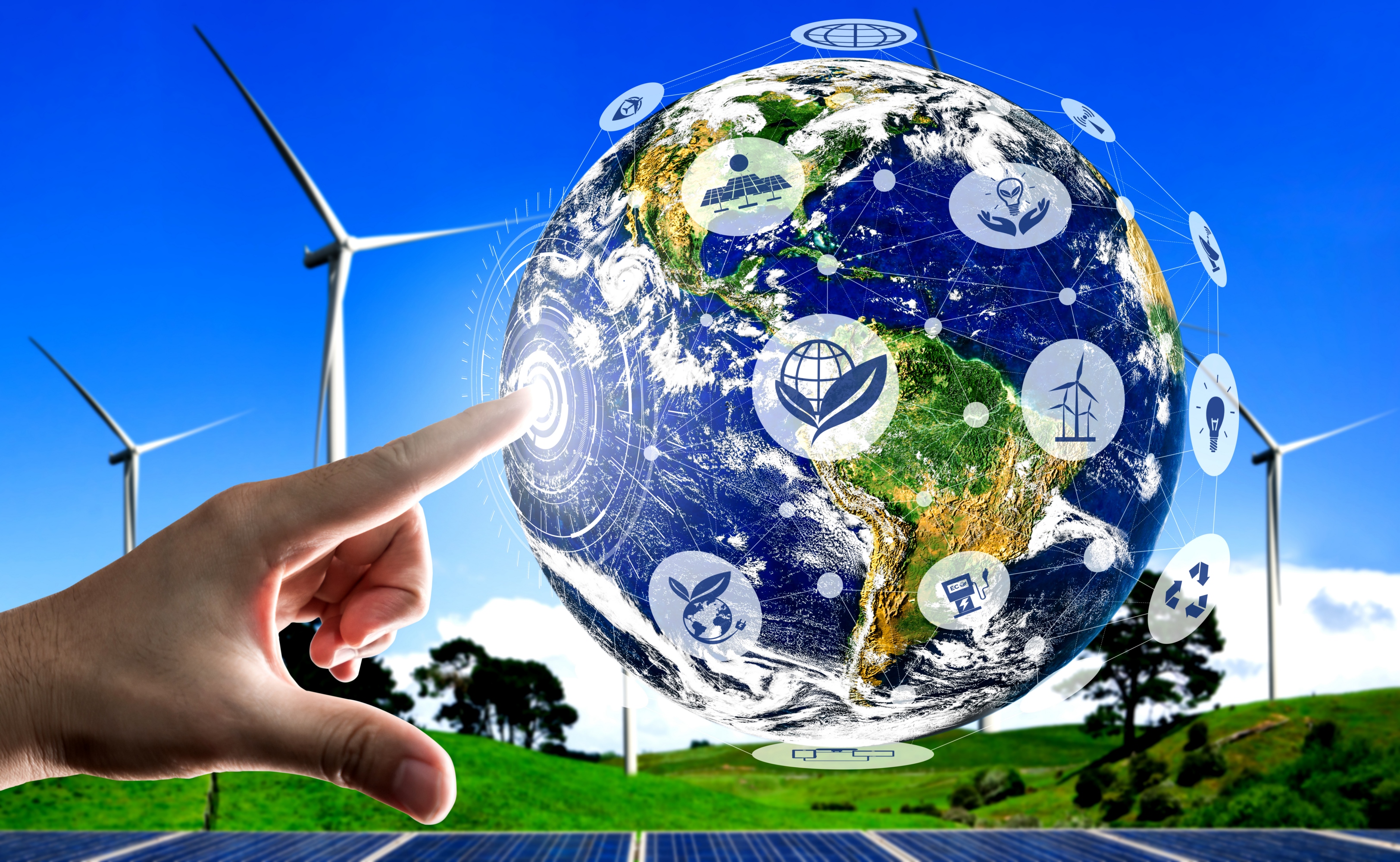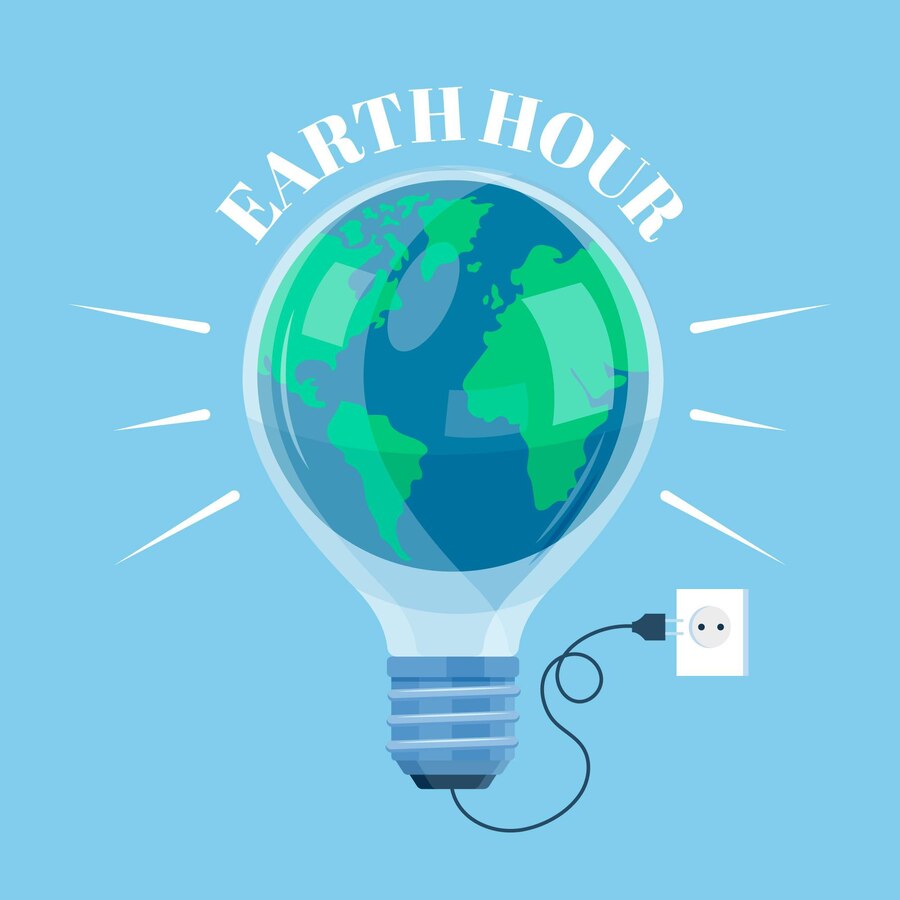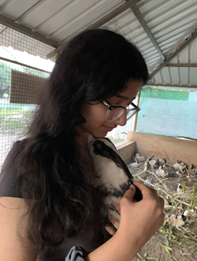Earth Day falls on the 22nd of every April, and this year the theme of “Our Power, Our Planet” which refers to sustainable energy, serves as a call to shift the way we fuel our world. This is a reminder of the environmental toll caused by the usage of non-renewable energy sources. Earth Day provides the opportunity to take a closer look at those caught in the crossfire of our energy choices.
The link between unsustainable energy use and climate change is well-documented — rising temperatures melting glaciers, bleach coral reefs, and changing the timing of migrations and breeding cycles, droughts drive animals from their habitats, and floods drown them.
Burning fossil fuels, the most prevalent non-renewable energy source, releases sulfur, mercury, and other harmful toxins into the air and water. These pollutants accumulate in ecosystems, impacting a wide range of species from fish to top predators. Acid rain alters soil composition and damages forests, while rivers, once teeming with life, become inhospitable to the species they once supported.
These effects are not limited to catastrophic events; everyday operations, like transport and construction, introduce noise, air and light pollution into ecosystems that animals depend on for survival.
By shifting to clean energy, we buy time — not just for us, but for the thousands of species on the brink of extinction. The fewer emissions we produce, the more stable the ecosystems they call home remain.
How Clean Energy Helps Safe Guard Habitats
Shifting to renewable energy is more than just a climate solution; it’s a way to preserve what's left of the natural world. Solar and wind power, when planned responsibly, offer a much smaller footprint than coal mines or oil fields. Unlike fossil fuels and other non-renewable resources, renewables don’t require digging up forests or flooding valleys.
Some solar farms are even being designed to coexist with nature — supporting pollinators, restoring native vegetation, and offering sanctuary to small species. With planning and careful placement, renewables can be helpful rather than harmful to ecosystems.
 What You Can Do: Energy Choices as Compassion
What You Can Do: Energy Choices as Compassion
Taking steps as an individual is important to ignite broader societal change. Here’s where one can start:
● Switch to a renewable energy provider, if your region allows.
● Reduce unnecessary energy use - LED bulbs, unplugging idle electronics, insulating your home.
● Support policies that phase out fossil fuels and prioritize animal-friendly infrastructure
● Be vocal — write to local leaders, share resources, and engage in the dialogue.
● Support organizations - every donation and social media post matters
Take this Earth Day as a reminder of why it is important to be conscious energy consumers.
 About the writer:
About the writer:
Pannya is a passionate 12th grader who strongly advocates animal welfare and loves to spend her free time with her two dogs.